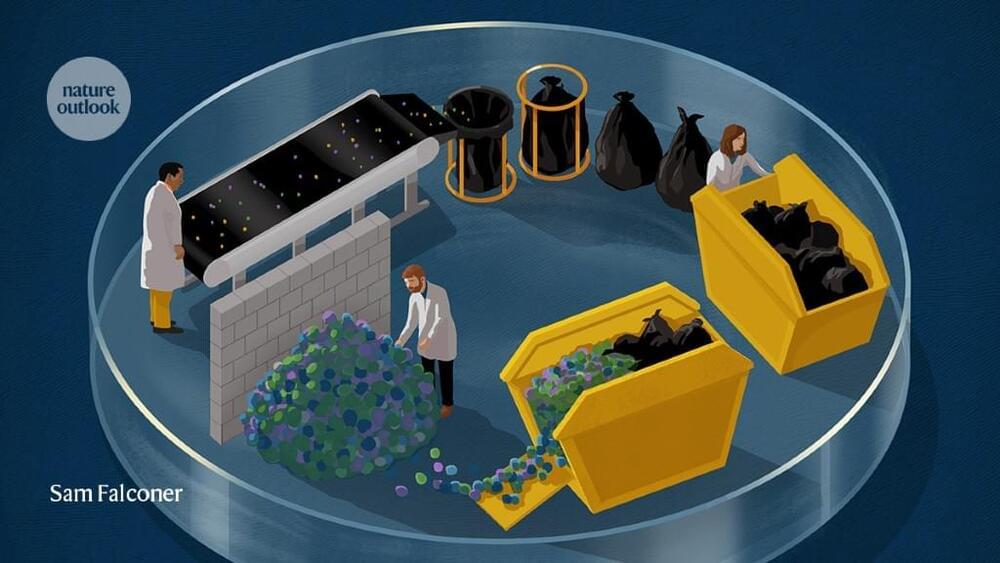Autophagy is often likened to the trash management system of the cell. And just as municipal waste services involve collection, transportation and ultimately disposal, so too must the cell’s autophagy system follow a coordinated, multistep process. It first requires cellular refuse to be bagged up inside sack-like structures known as phagophores. These then mature into cargo containers called autophagosomes, which fuse with degradation hubs called lysosomes. Only then do waste products get broken down.
Any part of that cell-cleaning process could go wrong, and they often do as cells age. But if researchers do not fully understand what aspects of autophagy are defective in any particular disease, drugs that modulate the wrong parts of the pathway could do more harm than good. A therapy could, for instance, help the cell to package more trash. “But if your trash compactor isn’t working properly, you’re just going to end up with a room full of trash bags,” says Tim Sargeant, who studies autophagy at the South Australian Health and Medical Research Institute in Adelaide. “That’s one of the dangers here.”
As a result, although some anti-ageing researchers and companies have gone all-in on targeting autophagy, others are more circumspect — especially given the lack of solid evidence in people or even mouse models for many of the proposed interventions.
